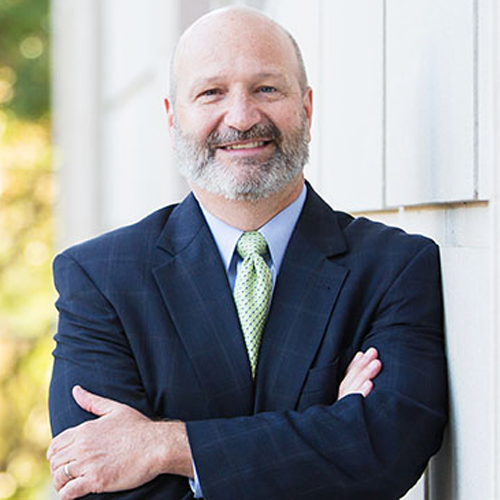I have posted twice since the beginning of this year [February 18, 2016] and [May 20, 2016] concerning upcoming changes in federal wage and hour laws. The Fair Labor Standards Act (FLSA) guarantees covered workers a minimum hourly wage and overtime pay at a rate of 1.5 times their base hourly rate for hours worked in excess of 40 hours in a work week.
The FLSA also provides, however, that certain employees are exempt from its overtime pay protections (“exempt employees”). The most common exemptions are for positions deemed “executive,” “administrative,” “professional,” and “highly compensated employees.”
The United States Department of Labor (“DOL”) has defined who falls within these classifications of exempt employees through its regulations. The regulations identify various job duties and responsibilities associated with each classification that must be met in order for a worker to be deemed exempt. The requisite duties are referred to as the “duties test.” Whether an employee meets the duties test, however, is only the last step in the process of determining whether an employee is exempt from overtime pay. Initially, the DOL requires that before any employee is classified as exempt she must receive a minimum set weekly salary as specified by DOL regulations (the “salary level test”).
Earlier this year the DOL issued new regulations significantly increasing the minimum salary an employee must receive to be treated as exempt. This change goes into effect December 1, 2016. At that time the minimum salary will increase from $455.00 per week ($23,660.00 annually) to $913.00 per week ($47,476.00 annually).
I have received a number of inquiries from charitable non-profit organizations asking whether they are subject to these changes. Most non-profit organizations are aware that federal wage and hour laws have a $500,000.00 annual business revenue threshold that must be met before each and every employee is automatically covered by the requirements of the FLSA. This is called the “enterprise coverage test.” Many non-profit organizations, including most smaller ones, probably do not meet this test. In order for an employer to be considered covered as an “enterprise” under this test, the organization must engage in ordinary commercial activities resulting in annual sales or other business income meeting or exceeding the threshold of $500,000.00. Activities of a charitable nature, including receipt of charitable donations of money, are not considered “commercial activities” and do not count toward the $500,000.00 threshold. On the other hand, a charitable non-profit organization that engages in ordinary commercial activities, such as a thrift store, will be subject to federal wage and hour laws as an “enterprise” if the sales generated through that store meet or exceed $500,000.00. This is true even if the items sold are donated.
After I explain how this concept of “enterprise coverage” works, representatives of smaller non-profit entities begin to smile and ask “then I don’t have to worry about these new changes in the federal wage and hours, do I?” The smile quickly subsides when I continue with, “I’m not finished explaining.”
Even if the employer does not qualify for automatic FLSA coverage of all its employees under the “enterprise test,” the FLSA regulations further provide that each individual employee has to be evaluated to ascertain if her duties are such that coverage applies to her through an “individual coverage” analysis. Any employee, whether employed by a for profit or non-profit employer, whose job activities require that she regularly engage in interstate commerce while performing her job is subject to the FLSA minimum wage and overtime requirements, as well as the requirements for overtime exempt status. What constitutes “interstate commerce” is a very easy test to meet. In 21st century terms, it includes regularly sending/receiving e-mails, telephone calls, and regular mail across state lines.
Clearly, virtually all employees of even the smallest non-profit and church organizations probably meet this test since most regularly engage in sending/receiving mail and e-mails, and making/receiving telephone calls across state lines in connection with church or other non-profit business. If you are affiliated with a non-profit entity and assume your organization is not subject to federal wage and hour laws, or recently determined that employees you treat as exempt from overtime are not subject to the new salary minimum increase going into effect later this year, you are probably mistaken. This is a very good time to speak with your legal advisor on the impact of these changes and to determine whether your organization needs to undertake an analysis of its employee pay structure before the end of the year.
If you would like to speak to John Lawhorn on this or any other matter, he may be reached at (865) 546-9321.
RELATED POSTS:

John M. Lawhorn of Frantz, McConnell & Seymour, LLP practices extensively in the field of Labor and Employment law and regularly advises clients concerning federal and state laws pertaining to employment discrimination, retaliation and harassment, workplace policies, OSHA/TOSHA compliance, wage and hour compliance, labor/management relations, employment contracts and in many other aspects of the employment field. He regularly represents employer and employee interests in Tennessee State and federal courts on a wide variety of employment related matters.





